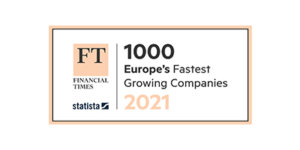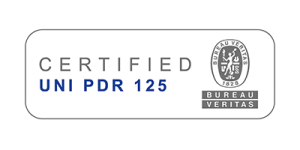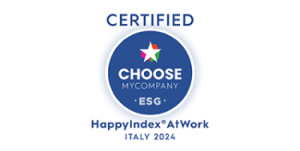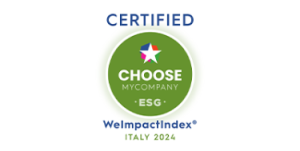
Rethinking leadership in times of crisis
During the recent weeks of Covid-19-induced isolation, I have often found myself looking back and retracing my career path – ten years that I have mostly dedicated to my work, something I feel strongly about and that I like to think I can truly call mine. With flexible work and remote work all over the news due to the general situation, I’d like to hit pause for a minute and take stock of everything we have learned on this topic at MailUp Group, and consider how our leadership model has adapted to this emergency situation.
Flexible since 2018
We started introducing flexible work practices into MailUp Group two years ago, with one specific goal: to spread a managerial culture based on results. An ambitious goal that was only marginally aided by the introduction of ad-hoc tools. We knew we had to work on a change of mindset, starting from the top management and cascading down to every single person. We focused on hands-on coaching paths covering KPI definition, goal setting, continuous feedback and monitoring.
Two years later, I can safely say that the investment has yielded good results, and yet there is still a lot of work to do. We must keep supporting our people managers in better guiding their teams and leading their growth. In the current job market, this is what really makes the difference – the transition from people managers to leaders.
Leadership, rethought
And yet, working flexibly is very different from working remotely. I must admit, we were only part ready to face this emergency. We had to start over with our beliefs, both as professionals and as people. The real challenge shifted to being able to cope with uncertainty, solve unforeseeable problems, make swift decisions under pressure, balance reassurance and realistic optimism, communicate constantly and openly while preventing panic, show empathy, keep everyone engaged… In short, we must be twice the leaders we were before. In addition, these skills have been required of us in a time of crisis, when human beings by their very nature have less access to the creative and analytical parts of their brains. Fear can compromise our ability to empathize, listen and relate to others.
Our strategy
How have we coped? It’s simple – we are humans and as such we are able to adapt. We have strengthened collaboration and communication, creating a number of small network teams each with specific tasks and weekly sync-ups – for business, communication and engagement purposes. We have learned to be quicker in decision-making and reviewing our priorities, while at the same time striving to maintain business continuity as much as possible (also for the sake of our mental health). We have collected feedback bottom-up through our formidable Value Team and strived to keep morale high. While we haven’t been expecting everyone to understand our choices, we have aimed to transparency in communications because one of our values is trust and I have always believed that consistency pays off.
We have had our moments of despair, tension and contrast. We may sometimes have snapped or misinterpreted a message. But one thing unites us all – the fact that we care about the Group and feel it ours, and this is what motivates us to go on every day. Personally, I have never felt like just another employee of MailUp Group. During these two years as People & Culture Manager, I have always tried to convey a sense of responsibility to people and my team, so that they wouldn’t see the company as an abstract entity nor passively submit to top-down decisions. If we do more, let’s do it first of all for ourselves, because what we learn remains ours forever.
I don’t believe that, at the end this emergency, everything will go back to the way it was before. We will have changed – because it is our choices that show who we really are, much more so than our abilities. And I hope this crisis will help understand what the real priorities are not just for us as individuals, but as a community.
Post by Eleonora Nardini
People & Culture Manager, MailUp Group





